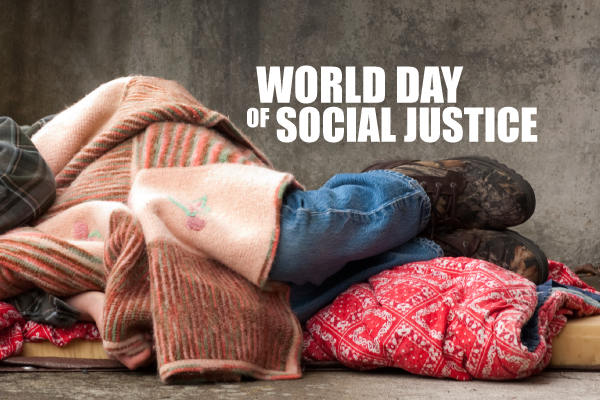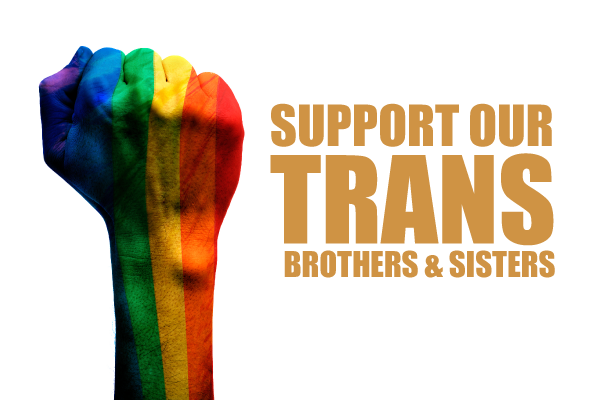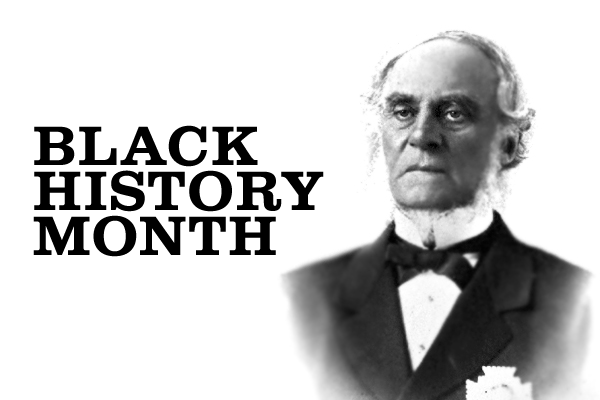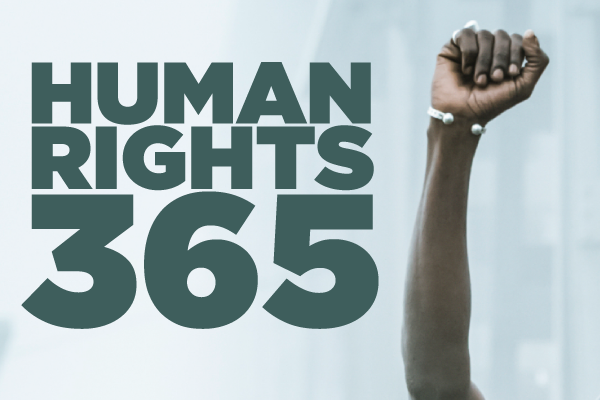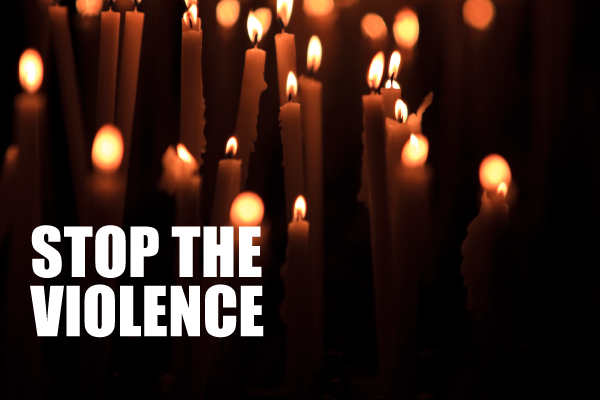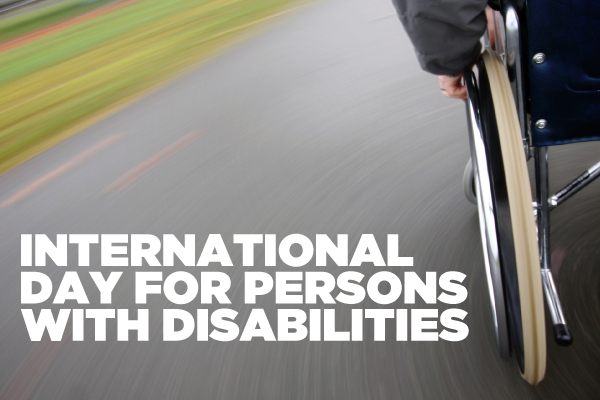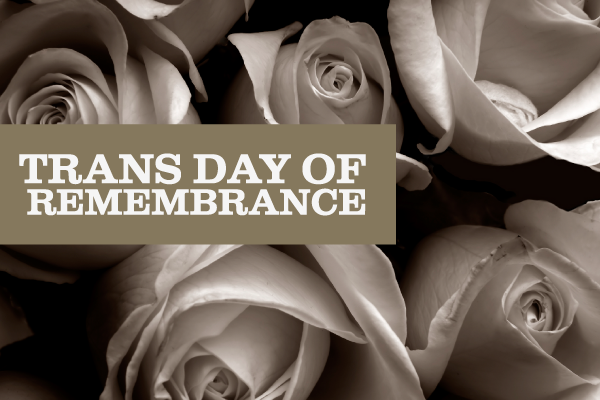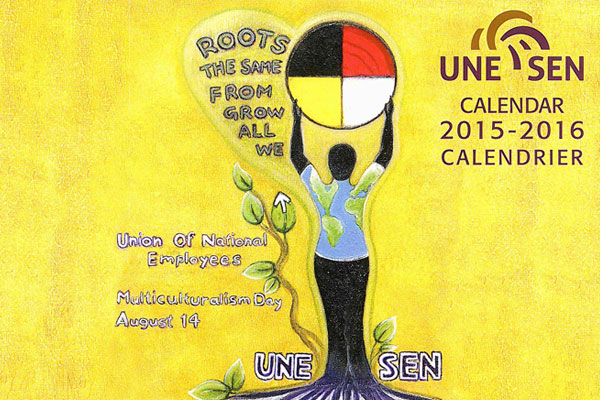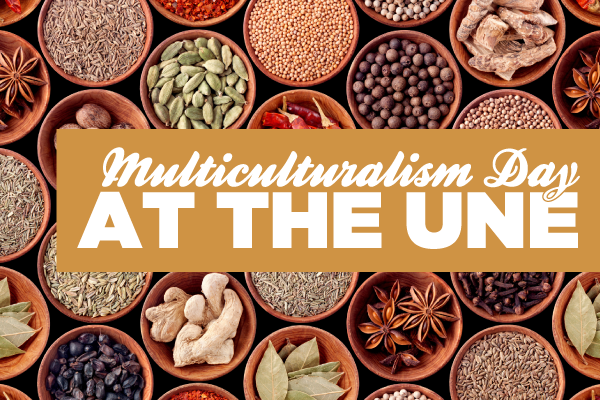
In the past, we’ve covered Martin Luther King Jr. Day by talking about his connection to the labour movement. This year, we’d like to focus on the efforts to have Martin Luther King Jr. Day observed in Arizona – one of the last states to officially observe the holiday.
At the federal level, getting a holiday in honour of the civil rights hero was a hard-fought battle. A first attempt in congress nearly passed in 1979, but ultimately failed after Republicans tacked on an amendment that would have made the weekday holiday a mere Sunday observance.
In 1982, the Black Congressional Caucus decided to revive the bill – only a few years after the landslide presidential election of Ronald Reagan and amidst a recession that was sure to draw arguments against adding another paid holiday to the calendar.
The far right-wing fought bitterly against the holiday; they argued that King had ties to communists and that his non-violent protests were designed to incite violence. But this time, the pro-holiday side succeeded in painting the other side as a fringe group. The bill passed both houses of congress with Republican support.
Reagan signed the bill, just two weeks after it passed in the Senate, on November 2, 1983.
“It is a time for rejoicing and reflecting,” said Regan in his 1986 proclamation. “Dr. King’s was truly a prophetic voice that reached out over the chasms of hostility, prejudice, ignorance, and fear to touch the conscience of America. He challenged us to make real the promise of America as a land of freedom, equality, opportunity, and brotherhood.”
But in Arizona, lawmakers voted down a bill to observe the holiday.
“Opponents said Martin Luther King Jr. was not worthy of a holiday. And that caused a firestorm,” said Reverend Warren Stewart, a prominent African-American pastor in Phoenix and a leader in the pro-King Day movement.” That was like an insult for people who believed in all that Dr. Martin Luther King Jr. had done.”
In 1986, however, Governor Bruce Babbitt stepped up and declared MLK Day a state holiday through an executive order.
In a PBS documentary, Reverend Stewart recalled the day he got the great news:
“Governor Babbitt called me at my house on a Friday afternoon, and – to my surprise – said, ‘Reverend, what do you think about me signing the Martin Luther King, Jr., holiday as an executive order in your pulpit on Sunday morning?’”
Governor Babbit signed the executive order in May 1986. Unfortunately, Babbit was preparing to leave office in order to pursue presidential aspirations. The Republican candidate running for that office, Evan Mecham, campaigned on canceling the paid holiday.
And so, when Arizona voters elected Mecham governor, the executive order making Martin Luther King Day a state holiday was rescinded just days after Mecham’s inauguration, in January 1987.
Mecham contended that the governor didn’t have the power to institute a holiday by executive order – that his decision to cancel the holiday had nothing to do with racism.
“You folks don’t need another holiday. What you folks need are jobs,” Mecham told an all-black Christian centre.
Other than a knack for making offensive statements, Mecham apparently also had a knack for misusing state funds. In 1988, he became “the first governor to face removal from office through impeachment, a recall election, and a felony indictment at the same time.”
Meanwhile, a boycott was under way. Stevie Wonder had canceled a scheduled appearance in Tucson and said he wouldn’t ever come to Arizona until it observed the holiday. The Doobie Brothers moved a reunion concert. Conferences and conventions were being canceled.
By 1990, the question of making Martin Luther King Jr. Day a state holiday was put to a referendum; the vote was close, but the measure failed.
When pro-King Day supporters came to Reverend Stewart to try to get the measure on the 1992 ballot, the pastor had all but admitted defeat.
“I said, ‘No, let’s move on to other stuff.’”
Meanwhile, the National Football League also joined the boycott, moving the 1993 Super Bowl from Tempe, Arizona to Pasadena, California. Arizona could get the 1996 Super Bowl, only if it adopted the holiday.
That moved panicked the business community. With Arizona being increasingly blacklisted for major events, business leaders quickly moved to the pro-holiday camp. For Reverend Stewart, the prospect of joining forces with people who were motivated solely by money presented a moral dilemma.
From the Arizona Republic:
Stewart first sought guidance through prayer. Then, he sought direction from a mentor, the civil-rights leader and anti-apartheid activist Leon Howard Sullivan.
“I went to him in his home in Scottsdale, and I said, ‘Dr. Sullivan, I got a problem,'” Stewart recalled. “I said, ‘The same people who only wanted the holiday to get the Super Bowl want to be a part of our coalition now, and I have a problem that they don’t want it for the right reasons.’
“Here’s what he said: ‘Warren, the corporate executives need people like yourself to prick their consciences because their social veneer is very thin….’ He also said, ‘Take the money that they give you to finance the campaign because what they give you is only a drop in the bucket of what they have.’ “
With a substantial amount of money backing their side, the pro-holiday side finally got Arizonans to vote in favour of Martin Luther King Jr. Day. A year later, President Clinton would sign the Martin Luther King, Jr. Federal Holiday and Service Act, encouraging Americans to make an impact in their communities by volunteering during the holiday.
